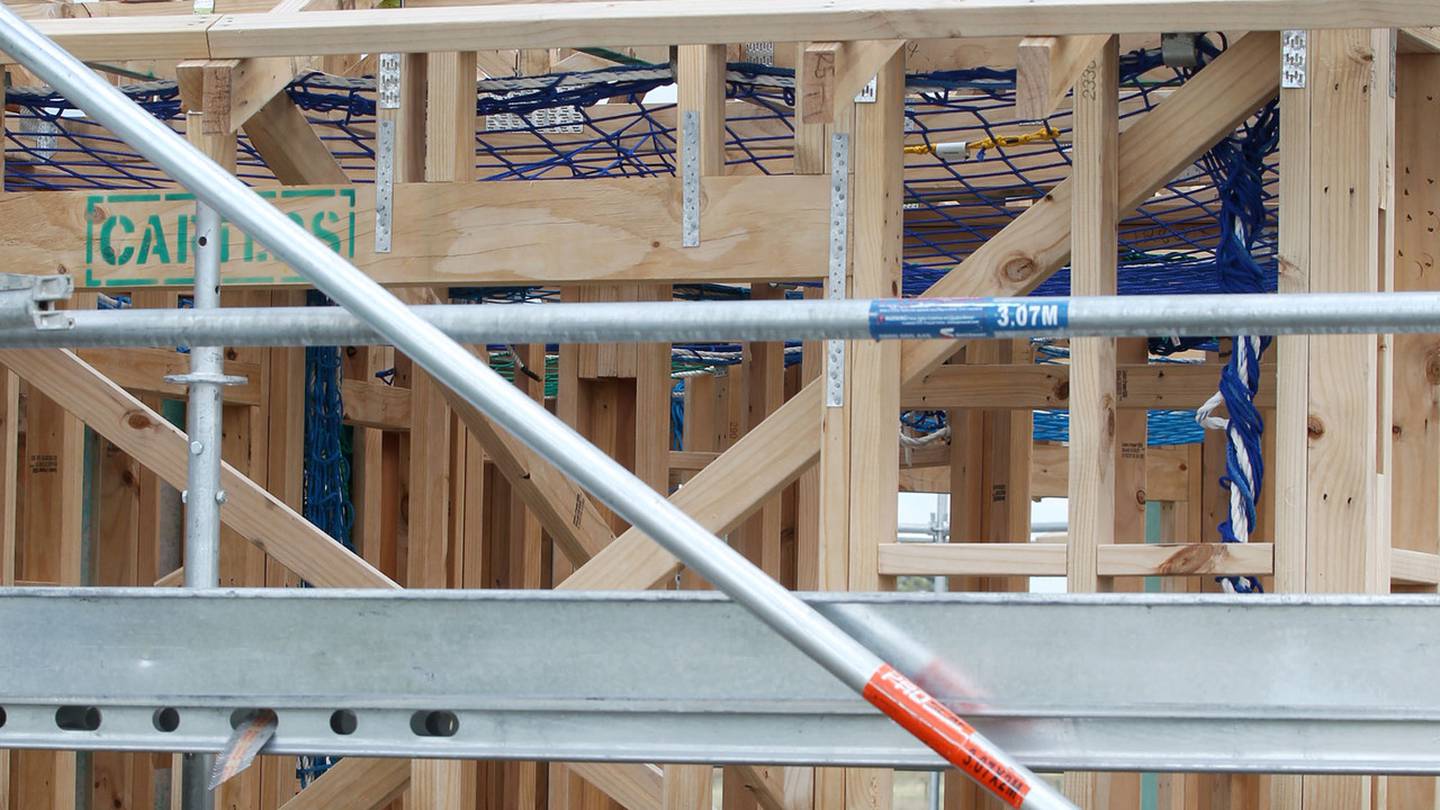
Property research firm Core Logic's Cordell Housing Index Price (CHIP), which measures the rate of change in construction costs, rose to a record 2.4 percent in the three months ended March, compared with 0.9 percent increase in the prior quarter.
The annual growth rate also hit an all-time high of 7.3 percent, eclipsing the previous record of 6.9 percent in 2017.
CoreLogic chief economist Kelvin Davidson said the price increases were occurring as the demand for materials outstripped supply.
He said a record number of dwellings were consented in the year ended February at nearly 49,800, but there was now a sense emerging within the industry that it might only have the capacity to support 30,000 to 35,000 properties per year.
The shift towards building more townhouses, which accounted for nearly half of all consents and require fewer materials, offered no respite because of the sheer volume of new builds.
"Some key components are driving the increases in the prices of materials, including timber in general, structural products specifically, as well as metal price," CoreLogic chief property economist Kelvin Davidson said.
Wage costs were also rising within building firms, Davidson said.
"'Variability in wholesale prices means suppliers are passing through increases to their customers more often and can't retain existing price lists for too long."
Davidson said the capacity pressures could push out build times on some projects and result in more product substitution, as home builders made compromises on quality to keep prices down.
The cost pressures combined with the implications of rising mortgage rates could mean that some home owners and buyers might forgo or delay new builds or renovations in the short term, Davidson said.
However, even if demand tailed off and consents dropped, construction costs were expected to remain elevated throughout 2022 because of the number of dwellings that had already gained approval, he said.
Falling consents also tended to underpin the value of existing properties, he said.
"I wouldn't rule out a period of double-digit cost inflation into next year too - especially if the Ukraine-Russia situations keep the pressure on oil prices and global shipping even if/when Omicron's impact fades."
The report downplayed the benefits of a gradual reopening of the border to skilled migrants, saying that skilled trades people already in New Zealand would be looking to head offshore too.













